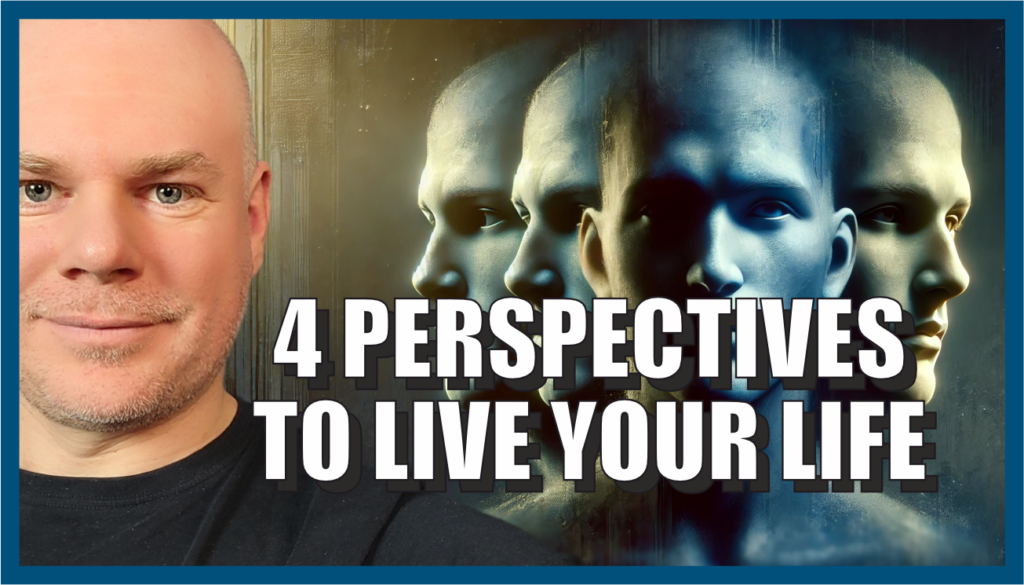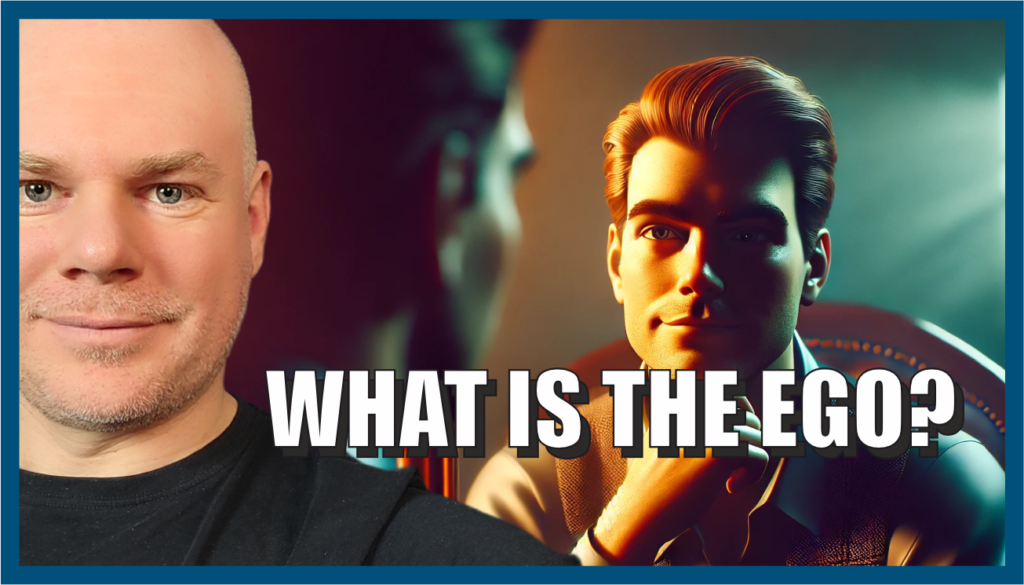In life, we are constantly searching for ways to experience more happiness and minimize suffering. But how can we adjust our perspective to achieve this? In this post, we’ll explore how the beliefs we hold and the meanings we give to reality shape our experiences, and how shifting our mindset can bring more peace, joy, and positivity into our lives.
Understanding the Meaning We Give to Reality
Imagine observing Earth from the viewpoint of an alien hovering in a spaceship. As an alien, you would see humans moving around, making noise, and interacting with each other. However, none of this would hold any meaning for you. Whether a person is working in an office, playing a game, or sitting quietly—these actions would seem neutral and meaningless.
For humans, though, these same activities carry significance. One person might be working hard to earn money, while another is enjoying a moment of relaxation. For us, these experiences are different because we attach meaning to them based on our emotions, beliefs, and personal experiences.
The question then arises: What gives things meaning? After deep reflection, the answer becomes clear—much of the meaning we attribute to life is rooted in our ability to feel pleasure and pain. This duality of good and bad, positive and negative, influences how we interpret the world around us.
The Role of Pleasure and Pain in Life
Throughout the day, almost everything we do is driven by the desire to feel pleasure and avoid pain. Whether it’s engaging in productive activity, pursuing relationships, or making decisions, the underlying motivation is to seek enjoyment and avoid discomfort.
This pursuit of pleasure and avoidance of pain shapes our belief systems, cultures, and ideologies. For example, different religions, political ideologies, and cultural practices are all built around concepts of good versus bad, pleasure versus pain. Whether we are Christian, Muslim, Buddhist, capitalist, or socialist, these frameworks guide how we perceive and judge reality.
An alien observer, free from these frameworks, would see the world neutrally and objectively. However, as humans, our reality is heavily influenced by the desire to increase pleasure and reduce suffering.
Choosing Beliefs That Optimize Your Happiness
The beliefs we adopt play a crucial role in determining how we experience life. If we believe in a punishing God who is angry with us, this belief may increase our suffering. On the other hand, if we believe in a loving God who supports and nurtures us, we may experience more joy and peace, even in difficult times.
Life brings adversity—illness, loss, financial struggles, and more. But how we interpret and respond to these challenges depends on our belief systems. For example, if we can view the loss of a job or the end of a relationship as an opportunity for growth and transformation, we will suffer less and become stronger. If we see these events as purely negative, our suffering will intensify.
Therefore, adopting a perspective that aligns with a positive, growth-oriented mindset can significantly enhance your well-being. This does not mean that a belief system must be objectively true—it simply means that believing in something that brings you the most positivity can improve your life.
Beliefs and the Reality They Create
Our beliefs don’t just shape our personal experiences; they also influence the world around us. For example, if a large group of people believes in a vengeful, punishing God, this belief can create a society that is strict, judgmental, and filled with fear. On the other hand, a belief in a loving, forgiving God may lead to a more compassionate, understanding society.
So, while the alien might see human behavior as random and neutral, we give our reality meaning through the beliefs we hold. These beliefs help us navigate life and interact with the world in a way that maximizes pleasure and minimizes pain.
How to Adopt a Positive Life Perspective
The key question is: Can you adopt a belief system or perspective that brings you more happiness and less suffering? Here are a few steps to help you shift your mindset:
- Reflect on your current beliefs: Take time to assess the belief systems you currently live by. Are they serving you well? Do they bring positivity and peace into your life, or do they add to your suffering?
- Adopt a growth mindset: When adversity strikes, try to see challenges as opportunities for growth. For example, losing a job could be a chance to explore new opportunities or develop new skills.
- Embrace a harmonious belief system: Seek out beliefs that align with reality and promote peace, joy, and well-being. This could mean adopting spiritual beliefs, philosophies, or personal ideologies that support your emotional and mental health.
- Consider the collective impact: Recognize that your beliefs not only shape your personal life but also contribute to the collective reality of society. By choosing beliefs that promote compassion, understanding, and happiness, you can help create a better world for yourself and others.

Final Thoughts: The Power of Perspective
Life is filled with both happiness and hardship, but the way we interpret these experiences largely depends on the perspectives we choose to adopt. By shifting our mindset to one that promotes growth, positivity, and resilience, we can reduce suffering and increase happiness.
Remember, the beliefs you choose not only affect your own well-being but also shape the reality around you. So, ask yourself: Can you adopt a life perspective that makes you happier, stronger, and more positive?



